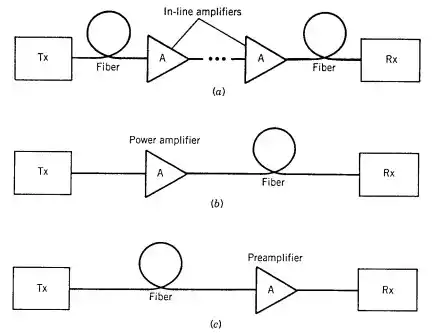What are the Benefits of LTE Over GSM?
In the ever-evolving landscape of mobile technology, the shift from GSM to LTE has brought about substantial improvements in the way we communicate and connect.
Long Term Evolution (LTE) has emerged as a revolutionary cellular network technology, surpassing the capabilities of its predecessor, Global System for Mobile Communications (GSM).
In this article, we will look into the advantages that LTE offers over GSM and why it’s the path forward for a superior mobile experience.
Table of Contents
Brief History of GSM
The roots of modern mobile communication trace back to the 1980s, when the Global System for Mobile Communications (GSM) was introduced.
This pioneering cellular network technology swiftly gained global adoption, amassing over 2 billion subscribers.
GSM’s foundation lay in its utilization of frequency division multiple access (FDMA) and time division multiple access (TDMA), allowing multiple users to share the same radio spectrum efficiently.
GSM is one of the main technology behind 2G.
Brief History of LTE
A new era in mobile technology gets through with the advent of Long Term Evolution (LTE) in the early 2000s.
Positioned as the successor to GSM, LTE brought forth an array of enhancements in terms of speed, capacity, and latency.
Unlike GSM, LTE boasts a distinct radio interface and lacks backward compatibility with GSM networks, signifying a radical departure from the status quo.
Benefits of LTE Over GSM
The benefits of LTE over GSM are multifaceted and transformative, including:
1. Presence of Faster Speeds
The hallmark of LTE is its blazing-fast download speeds, reaching up to 100 Mbps. In contrast, GSM typically caps its speeds at around 10 Mbps.
This remarkable speed difference translates into quicker file downloads, seamless video streaming, and enhanced online gaming experiences within LTE networks.
2. Presence of Lower Latency
Latency, the time taken for a signal to traverse from your device to the network and back, is significantly reduced in LTE networks.
This reduction in latency translates to reduced lag during real-time communication-intensive applications such as video conferencing and online gaming, ensuring a smoother and more engaging user experience.
3. Presence of More Capacity
The scalability of LTE networks shines through in their ability to accommodate a larger number of users compared to GSM networks.
This is particularly crucial in high-traffic areas such as sports stadiums and concert venues, where the demand for network access is high.
4. Improved Battery Life
LTE-enabled devices boast longer battery life compared to their GSM counterparts. This is attributed to the efficient power management techniques employed by LTE networks, ensuring that your device lasts longer on a single charge.
5. Stepping Stone for 4G Development
LTE plays a pivotal role as a stepping stone towards the development of 4G, the next evolutionary leap in cellular network technology.
4G is LTE-A (Advance).
With even faster speeds and lower latency than LTE, 4G promises to revolutionize the mobile experience further.
Wrap Up
As a wrap up, LTE is better than GSM because it offers faster speeds, lower latency, greater capacity, improved battery life, and a pathway to 4G evolution.
Though GSM has been the backbone for most wireless network generation like 2G and few other versions.
FAQs About LTE and GSM
- Is LTE available everywhere? While LTE coverage has expanded extensively, its availability might vary depending on your location and service provider.
- Can I use my old GSM phone on an LTE network? Unfortunately, GSM phones are not compatible with LTE networks due to the differences in their underlying technology.
- Does using LTE drain my battery faster? Despite the improved battery management of LTE networks, extensive usage of high-speed data services might impact battery life.
- Can I switch from GSM to LTE without changing my phone number? Yes, you can usually switch from a GSM network to an LTE network without changing your phone number.
- Are there any disadvantages of LTE compared to GSM? While LTE offers numerous benefits, it’s essential to consider factors such as coverage and device compatibility when making the switch from GSM.




